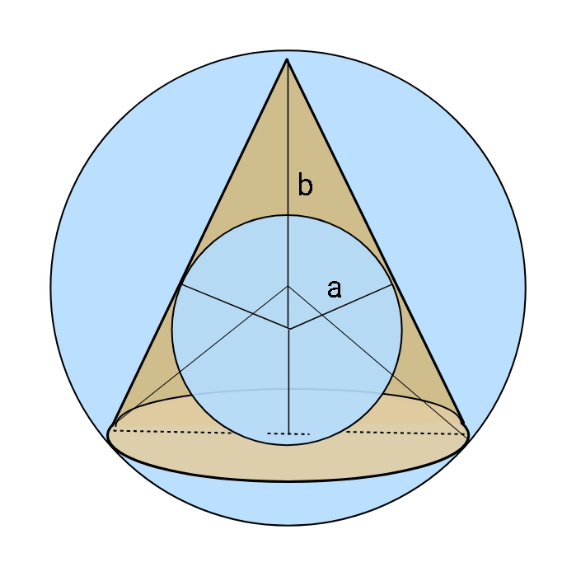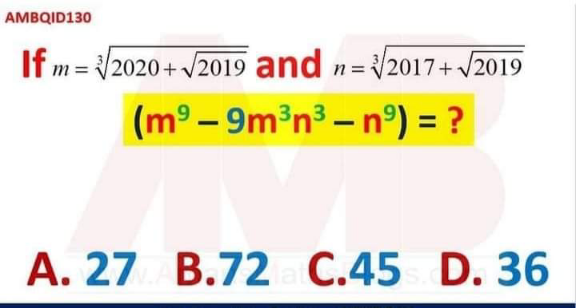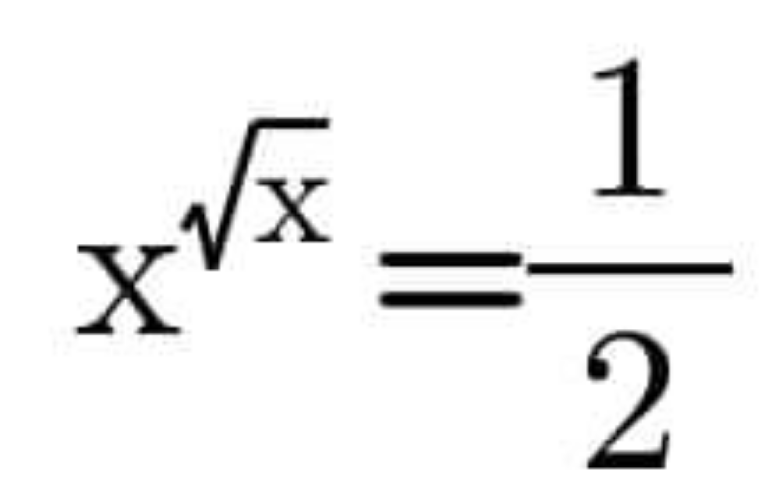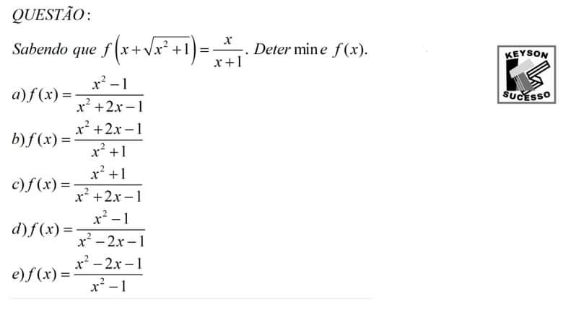
AllQuestion and Answers: Page 552
Question Number 164970 Answers: 0 Comments: 0
Question Number 164966 Answers: 1 Comments: 0
Question Number 164956 Answers: 1 Comments: 0
Question Number 164955 Answers: 0 Comments: 2
Question Number 164945 Answers: 2 Comments: 0
Question Number 164944 Answers: 1 Comments: 0
Question Number 164941 Answers: 1 Comments: 1

Question Number 164940 Answers: 0 Comments: 1
Question Number 164924 Answers: 0 Comments: 1

Question Number 164923 Answers: 2 Comments: 1

Question Number 164927 Answers: 0 Comments: 0

Question Number 164929 Answers: 3 Comments: 0
$$\underset{−\mathrm{2}} {\overset{\mathrm{2}} {\int}}\left[{x}\right]{dx}=? \\ $$
Question Number 164928 Answers: 0 Comments: 0

Question Number 164918 Answers: 0 Comments: 0

Question Number 164912 Answers: 3 Comments: 1
Question Number 164926 Answers: 0 Comments: 0
Question Number 164904 Answers: 0 Comments: 0
Question Number 164901 Answers: 1 Comments: 0

Question Number 164890 Answers: 0 Comments: 0

Question Number 164879 Answers: 1 Comments: 1

Question Number 164875 Answers: 0 Comments: 0
Question Number 164874 Answers: 1 Comments: 0

Question Number 164871 Answers: 0 Comments: 0

Question Number 164856 Answers: 0 Comments: 1
Question Number 164854 Answers: 1 Comments: 0
Question Number 164853 Answers: 0 Comments: 0
Pg 547 Pg 548 Pg 549 Pg 550 Pg 551 Pg 552 Pg 553 Pg 554 Pg 555 Pg 556
